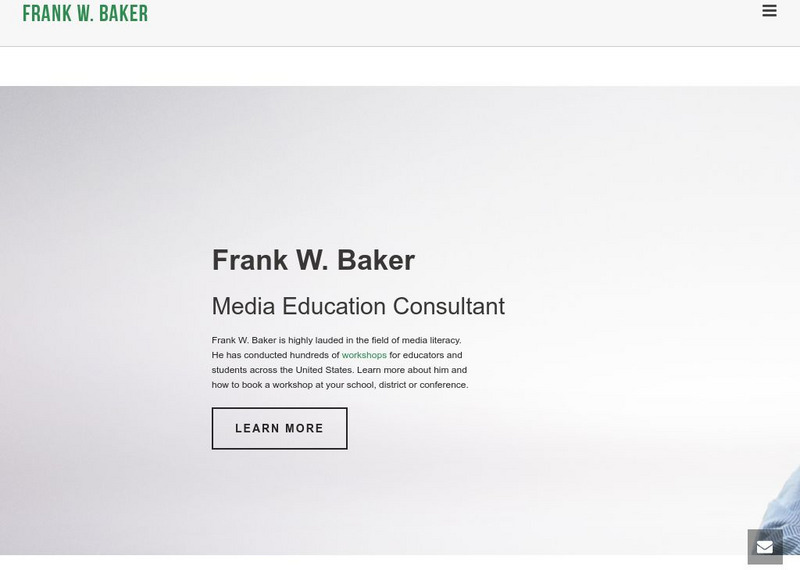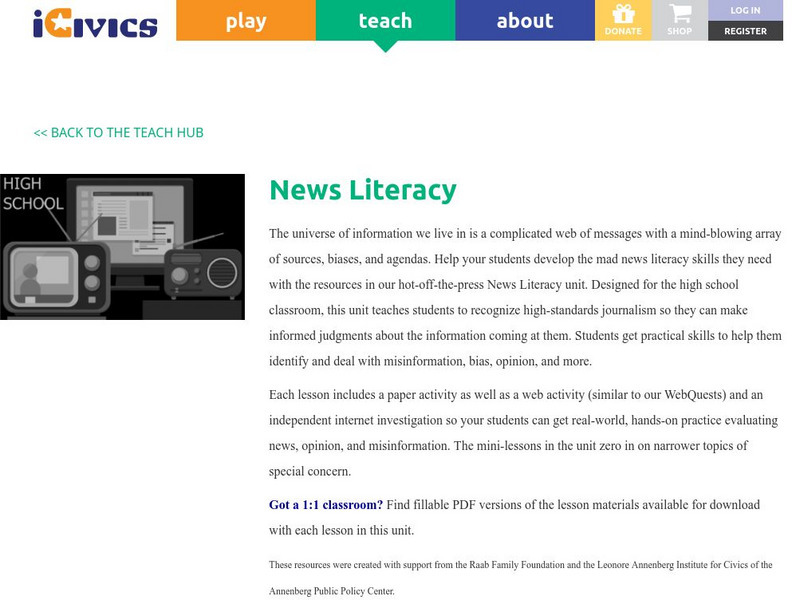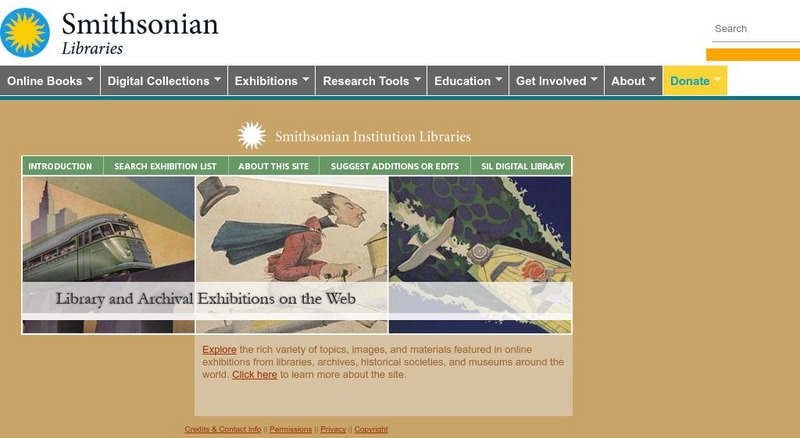Smithsonian Institution
Smithsonian Science Education Center: Why Right Brained Is Wrong Brained
This video discusses the myth of being pegged right brained or left brained and how this can pigeonhole students from an early age. Science may be seen as a left-brained, however, you need many right-brained elements such as...
Sophia Learning
Sophia: Facts
This slideshow lesson focuses on facts; they are true, verifiable, and identical across sources. General facts, commonly accepted, do not need citations; specific facts: statistics, expert testimony, and anecdote do require citation.
Other
Partnership for 21st Century Learning
The Partnership website is an excellent place to learn what 21st century skills are, why they are important and who is supporting their development. Be sure to check out the Learning Hub.
Other
The Critical Thinking Community: Tactical and Structural Recommendations
16 brilliant suggestions for creating critical thought in the classroom.
Other
Critical Thinking Community: Remodeling Lessons Grades 6 9
Learn to re-model your lesson plans to include room for critical thought and higher levels of learning. Re-modeled lessons cite specific critical thinking strategies. Wonderful examples include "Human Migration," "Integrated Grammar,"...
Stanford University
Stanford University: Catalogs and Search Tools
This resource provides Stanford University catalog collections, as well as databases and search tools.
Annenberg Foundation
Annenberg Learner: Interactives: Historical and Cultural Contexts
This interesting interactive website explains kinds of primary sources and gives you the chance to identify them in some games.
PBS
Wnet: Thirteen: Secret Life of the Brain: History of the Brain
From the PBS series, this history traces our quest to understand the human brain with an extensive timeline.
Other
Babson College: Evaluating Quality on the Net
Internet research is a fine writing tool, but can you trust the information you find? This presentation by Hope N. Tillman, Director of Libraries at Babson College, gives advice on assessing the quality and credibility of information...
Duke University
Duke University Libraries: Finding Primary Sources
Finding primary sources can be difficult and confusing at times. This site provides a list of history databases, rare books and manuscripts, and research guides for those looking for primary resources such as diaries, letters,...
Other
The Freedom Forum Online
This Freedom Forum site is dedicated to promoting a free press. Journalism education and "improving understanding between the media and the public" are a major focus. Budding journalists will enjoy this site. Includes links to news...
Other
Nova Southeastern University: Charles Spearman
Details the life and work of Charles Spearman. Sections include: Spearman and the Army, Educational and Professional Background, Contributions to the Testing Enterprise, Published Works.
Other
The Society of Environmental Journalists
This newsletter-style site is the online home of The Society of Environmental Journalists. Their motto, "An organization of journalists for journalists" should tell you all you need to know about the kind of help and support you will...
American Rhetoric
American Rhetoric: Communication Journals
This is an index of communication journals and their publishers with links to the journals.
Media Smarts
Media Smarts: How to Recognize False Content Online: The New 5 Ws [Pdf]
A tip sheet to help both students and adults learn how to test online content for validity.
NPR: National Public Radio
Npr: Five Ways Teachers Are Fighting Fake News
Since a recent Stanford study showed that students at practically all grade levels can't determine fake news from the real stuff, the push to teach media literacy has gained new momentum. This article gives five quality examples of...
Other
Media Literacy Clearinghouse: Critically Viewing Photographs: Civil War
Was it possible to manipulate photographs during the Civil War? Teach your learners about critical viewing through this innovative lesson and engage them in discussion, analysis and research to explain their findings.
Other
Us Newspapers Us Newspapers List
A comprehensive listing of links to newspapers from all 50 states.
Texas Education Agency
Texas Gateway: Democracy Project: Honk if You Agree
In this extensive lesson, young scholars will learn to identify issues of importance, form their opinions, and support those opinions with evidence and reason. They will also learn how to state their feelings in a persuasive manner.
iCivics
I Civics: News Literacy
Use this library of mini-lessons to teach students to recognize high-standards journalism so they can make informed judgments about the information coming at them and to help them identify and deal with misinformation, bias, opinion, and...
Smithsonian Institution
Smithsonian Libraries: Library & Archival Exhibitions on the Web
This index of links offers the opportunity to explore important and interesting topics. Visiting links on the desired topic is most likely to provide primary sources or at least point students in the right direction.
Other
P21: Critical Thinking and Problem Solving
Learn about the concepts of effective reasoning and critical thinking skills as taught to students.
Other
Coping Skills for Kids: Brain Works Project
How the brain works and how it ties to coping skills in the pre-teen are the focus of this website. Informative links for both students and adults.
Other
History of Alternative Journalism in 20th Century
This site contains a timeline of the history of alternative journalism beginning in 1900. Includes description & brief discusses of various alternative publications.













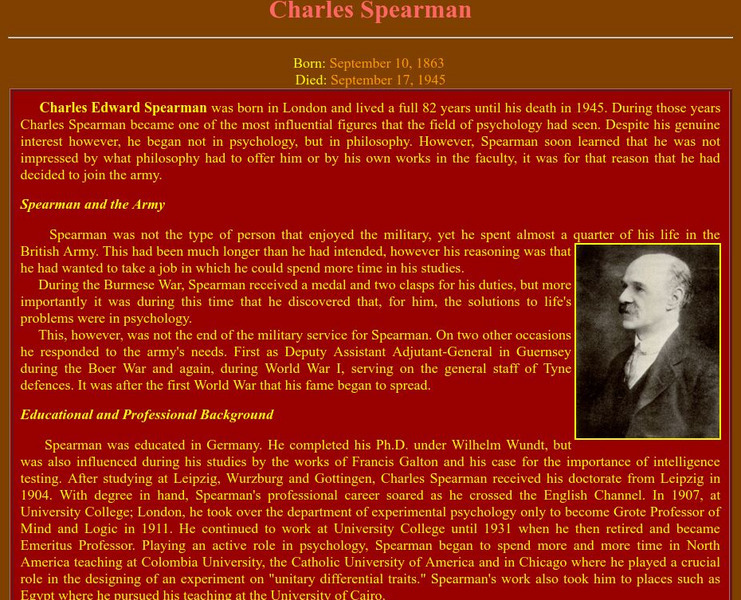
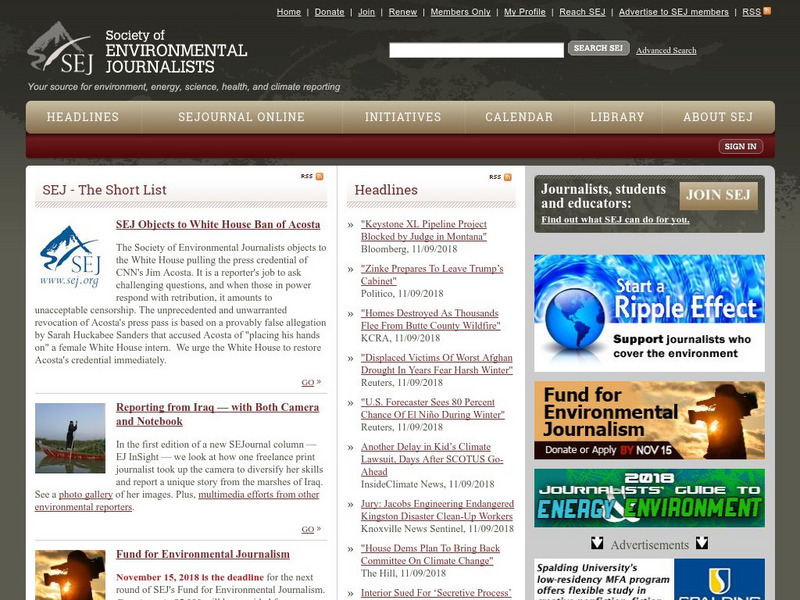

![Media Smarts: How to Recognize False Content Online: The New 5 Ws [Pdf] Handout Media Smarts: How to Recognize False Content Online: The New 5 Ws [Pdf] Handout](https://d15y2dacu3jp90.cloudfront.net/images/attachment_defaults/resource/large/FPO-knovation.png)

